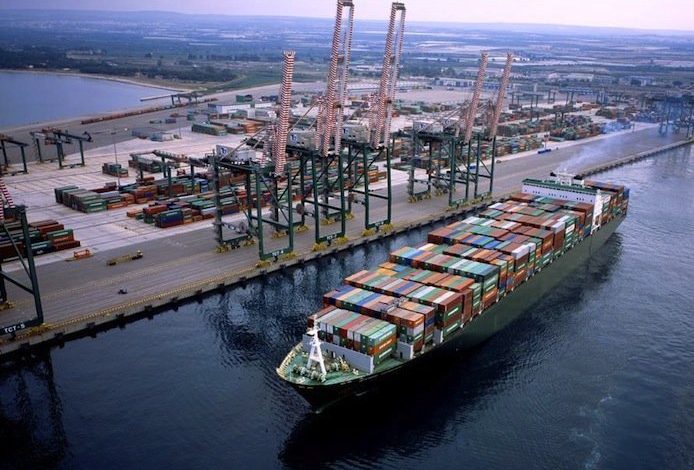OECD details sweeping changes to how shipping ought to pay its taxes

International shipping is coming under fresh pressure to review how it pays taxes with the Paris-based Organization for Economic Cooperation and Development (OECD) coming out with a proposal this week to overhaul corporate taxes for many industries by as early as the middle of next year if agreement can be reached with the Group of 20 finance ministers.
The OECD/G20 Base Erosion and Profit Shifting (BEPS) Project aims to create a single set of consensus-based international tax rules to address BEPS, and hence to protect tax bases while offering increased certainty and predictability to taxpayers.
The OECD issued a 246-page report this week in which it aims to help governments claw back $100bn in corporate tax revenues from a variety of multinational industries led by Big Tech. Contained in the report is a focus on international shipping.
“The widespread availability of … alternative tax regimes means that international shipping often operates outside the scope of corporate income tax,” the report noted.
Olaf Merk, the ports and shipping expert at the Organisation for Economic Co- operation and Development’s (OECD) International Transport Forum stated this week that the changes to international tax rules represent “the biggest game changer for global shipping in decades”.
The worldwide average statutory corporate income tax rate for all industries is 24%. According to Merk’s own calculations, the effective income tax rate of the 41 shipping firms listed on the New York Stock Exchange over 2010-19 was just 2%. According to KPMG, meanwhile, the nominal corporate tax rate for qualifying shipping groups in the UK tonnage tax scheme is around 1-2%.
Responding to the Merk figures, Sadan Kaptanoglu, the president of shipping organisation BIMCO, told Splash: “Taxation is an individual sovereign state issue. Having said that we must focus on fundamentals of shipping when we discuss issues like taxation. Shipping is the backbone of global logistic supply chain: it is the most economic transportation mode, is extremely cost sensitive and is highly regulated.”
Sources at other shipping organisations have taken aim at Merk’s 2% claims saying they are likely selective figures about corporation tax paid by US-listed companies, and almost certainly do not take into account the large amounts of tonnage tax which is paid by a large proportion of international shipping companies in those jurisdictions where the ships are registered.
Shipping’s cumulative tax bill made headlines last month when Hugo De Stoop, CEO of Belgian tanker giant Euronav, laid much of the blame for the current crew change crisis on shipping’s desire to act below the radar.
Speaking at a high-level webinar convened by the International Chamber of Shipping, De Stoop said the current seafarer impasse was in no small part down to shipowners’ choice to pitch their businesses in far flung, tiny tax havens.
“At the heart of the problem,” De Stoop said during the crew crisis-focused webinar, “is the way we have built this industry in the past and the way we have built this industry in the past is simply to try to be in the shadows, to try to be discreet, to try to be forgotten in fact and that is for the reasons no one wanted to pay tax, no one wanted to be heavily regulated and so they have chosen for most a place of incorporation which are tiny, discreet, influenceable and certainly tax friendly.” This discreetness is amplified, De Stoop maintained, by the fact that shipping is still quite a privately, family-run industry.

246-page to litter! Shipowners would starve to death before paying a tax. For them paying taxes is a sin!